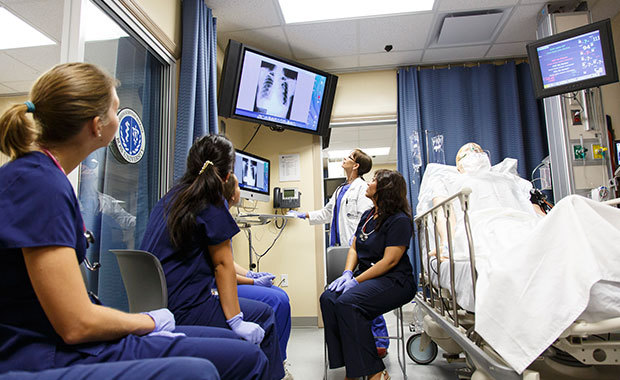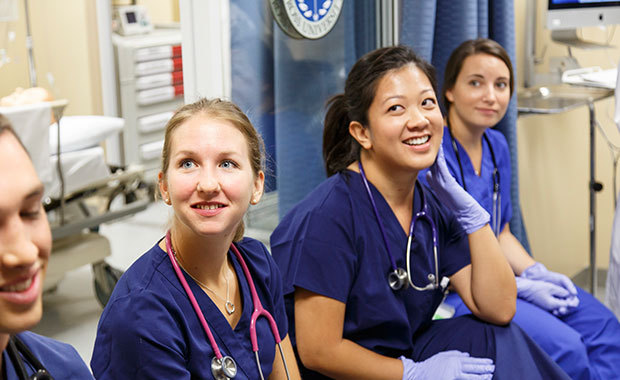Studying Abroad: Medical Students Without Borders
Student Perspective Accelerate your medical degree by studying at an offshore medical school.
Most medical students equate distraction with pub-crawls and Netflix binges, but for Verschoyle Cronyn, a Canadian studying at Medical University of the Americas in Nevis, the distractions are on a whole other level. “From horseback riding on the beach at sunset, to hiking to hidden waterfalls in the Nevisian Rainforest, to exploring the coral reefs of the Caribbean Sea while scuba diving,” says Cronyn. “The island we study on offers a variety of opportunities to feed our adventurous sides.”
But Cronyn is no outlier — he’s one of a cohort of medical students who’ve bypassed Canada’s highly competitive medical school sphere to study at one of the handful of universities in the Caribbean that cater primarily to aspiring physicians from Canada and the United States.
Expanding your horizons
“There are only 17 medical schools in Canada,” says Gus Galue, Associate Director of Admissions at American University of the Caribbean School of Medicine. “Obviously it’s a smaller population than in the US but it really leads to the conclusion that international schools, particularly in the Caribbean, are becoming more of an option and the only way to meet the demand for physicians in Canada.”
According to a study by the Canadian Institute for Health Information, in 2012, a quarter of Canada’s doctors were trained abroad, with international medical graduates making up 38 percent of Newfoundland and Labrador’s physicians and 46 percent of Saskatchewan’s.
“According to a study by the Canadian Institute for Health Information, in 2012, a quarter of Canada’s doctors were trained abroad with international medical graduates”
But studying out of the country comes with its own share of unique challenges, including returning to the Canadian system once you’ve left.
“It should not be sugar-coated,” says Galue. “They’ll have to compete against Canadian med-grads to secure a residency position.”
But the cream of the crop is finding a way. Last year, 3,255 graduating students and physicians clinched residencies in Canadian hospitals, with 449 of those being international medical graduates according to the Canadian Residence Matching Service.
Making the right choice
One of the big draws for ambitious doctors-to-be, says Tom Harkness, Director of Canadian and International Admissions at Ross University School of Medicine, is the three semesters a year model used by Caribbean schools.
“The total MD program is 10 semesters which actually works out to be three and a half years because they don’t have a summer vacation — it’s an accelerated program,” says Harkness. “If you want to get in, get done, get out and start your career, this is an option.”
But don’t get so caught up in the rainforest hikes, tropical paradises and fast-tracked semesters that you forget to research before you enroll, says Cronyn.
“Ensure the schools you are interested in are reputable and approved in the province or state you wish to practice in,” says Cronyn. “Don’t just jump at the first place which offers you acceptance — spend adequate time finding the school that meets your needs and can best prepare you for your lifelong endeavour practicing medicine.”


.jpg)








.jpg)
